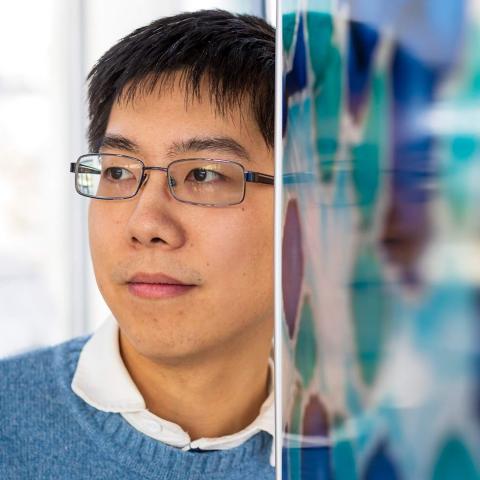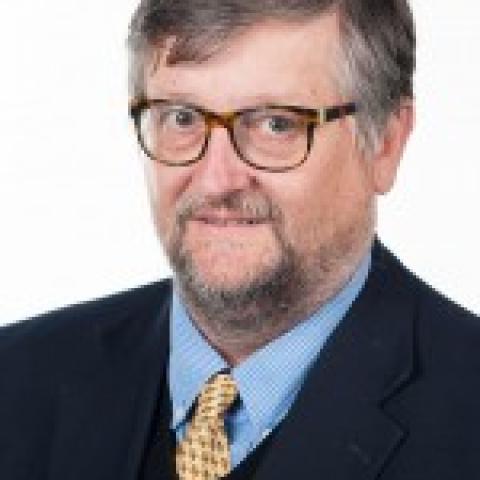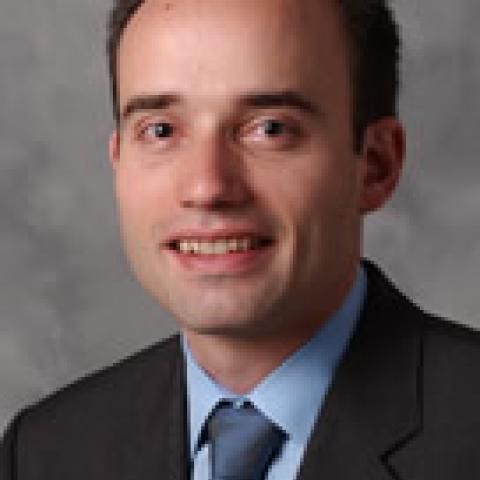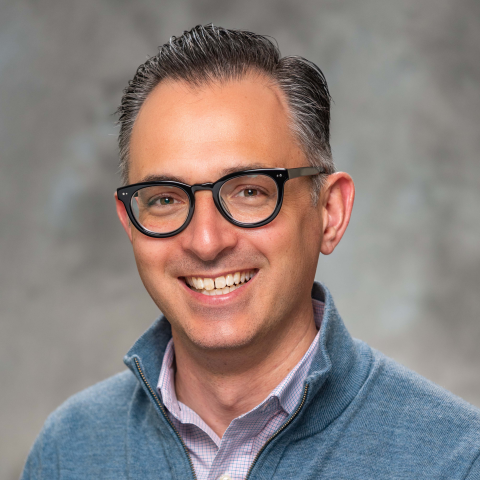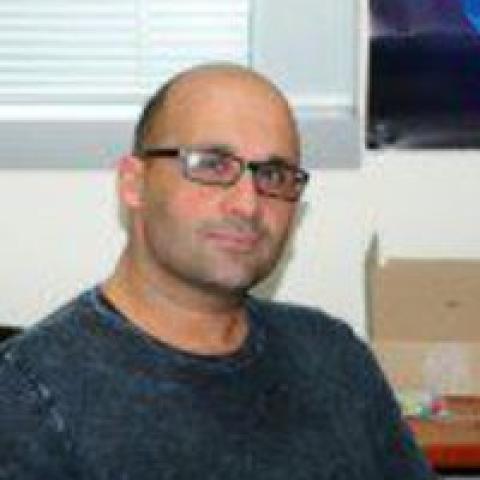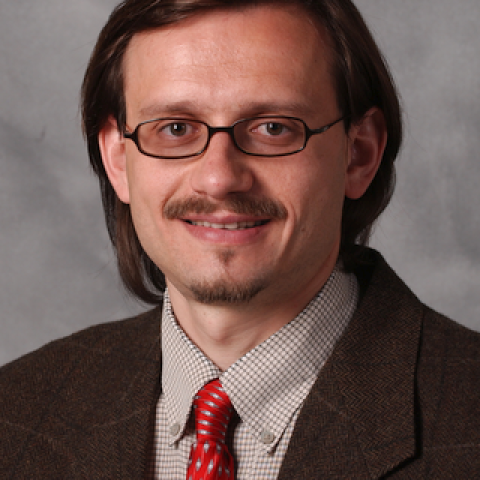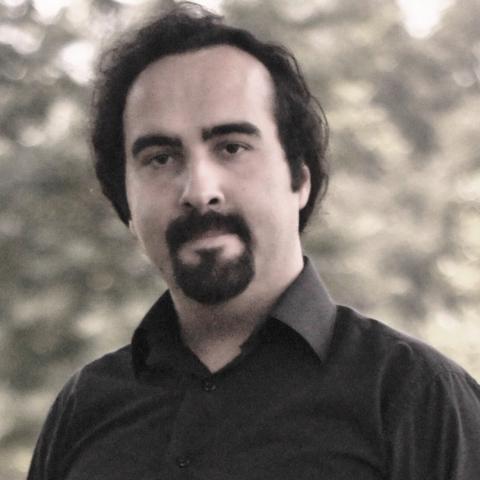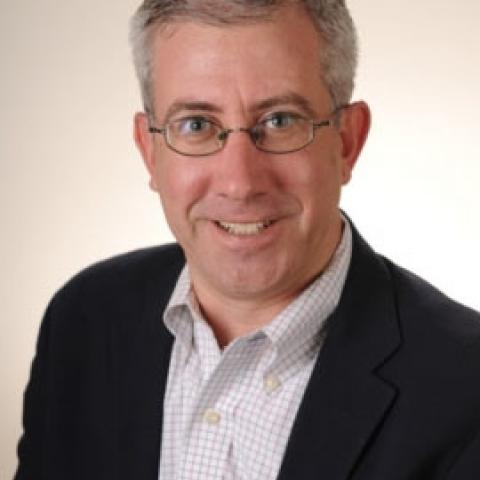Alan Erera is a Manhattan Associates/Dabbiere Chair and the Associate Chair for Research in the H. Milton Stewart School of Industrial and Systems Engineering at Georgia Tech. He is also the faculty director for the M.S. in Supply Chain Engineering program, Co-Director for Global Transportation in the Supply Chain & Logistics Institute, and Co-Executive Director of the Georgia Tech Panama Logistics Innovation & Research Center.
His research focuses on transportation and logistics systems planning and control, with an emphasis on planning under uncertainty and real-time operational control. His recent work has addressed dynamic vehicle routing systems for same-day distribution; resilient logistics network design for food supply chains; service network design, linehaul equipment management, and driver scheduling for consolidation freight carriers; robust container fleet management for global shipping companies; and robust and flexible vehicle routing system planning and control for distribution companies. He has written extensively in these subject areas, and has delivered over 100 technical presentations and invited lectures. His research program has been supported by federal agencies (DHS, USDOT, NSF) and major U.S. freight carriers and manufacturing firms.
He received his B.S. Eng. from Princeton University, and his Ph.D. from the University of California, Berkeley.
Additional Research
Hydrogen Storage/Transport; System Design & Optimization
University, College, and School/Department
Georgia Institute of Technology > College of Engineering > School of Industrial Systems Engineering
